Yemeni army, allies hit Saudi Aramco oil facilities in Jizan border region
Yemeni army forces, supported by allied fighters from Popular Committees, have fired four domestically-designed and -developed ballistic missiles at a strategic economic target in Saudi Arabia’s southwestern border region of Jizan in retaliation for the Riyadh regime’s devastating military aggression against their impoverished country.
A Yemeni military source, speaking on condition of anonymity, told Arabic-language al-Masirah television network that the short-range Badr-1 missiles struck an oil refinery of the Saudi Arabian national petroleum and natural gas company, Aramco, as well as petrochemical plants at Jazan Economic City, located 967 kilometers southwest of the capital Riyadh, with great precision, on Tuesday evening.

The report added that the sound of massive explosions could be heard in different parts of Jizan city.
Earlier in the day, Yemeni troopers and their allies destroyed an armored vehicle belonging to Saudi-sponsored militiamen loyal to former President Abd Rabbuh Mansur Hadi north of al-Durayhimi district in the country’s strategic western province of Hudaydah, when they fired a missile at the car.
Scores of Saudi mercenaries were killed and injured in the attack.
Separately, Yemeni soldiers and Popular Committees fighters detonated an improvised explosive device close to al-Tawal border crossing, which links Yemen’s northwestern province of Hajjah to Saudi Arabia’s Jizan region, killing and injuring several Saudi-backed militiamen.

Moreover, an unnamed Yemeni military official said sharpshooters have fatally shot five Saudi troopers as well as ten Saudi mercenaries in various military camps across Jizan over the past few days.
Saudi Arabia and a number of its regional allies launched a devastating military campaign against Yemen in March 2015, with the aim of bringing the government of Hadi back to power and crushing the country’s Houthi Ansarullah movement.
Some 15,000 Yemenis have been killed and thousands more injured since the onset of the Saudi-led aggression.
More than 2,200 others have died of cholera, and the crisis has triggered what the United Nations has described as the world's worst humanitarian disaster.
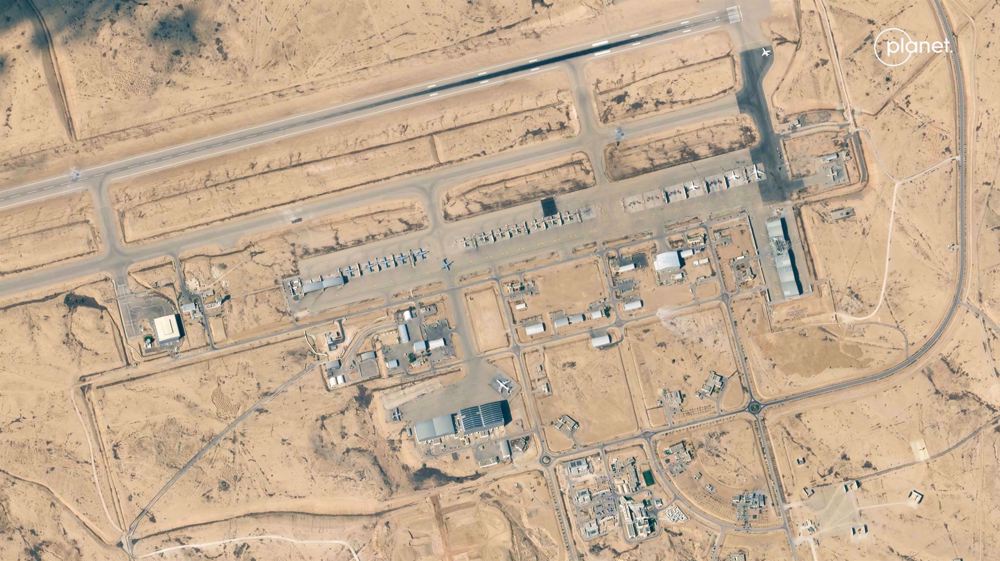
Yemeni forces conduct fresh missile strike on Israeli airbase

US airstrikes hit seized Israel-linked ship in Yemen: Report
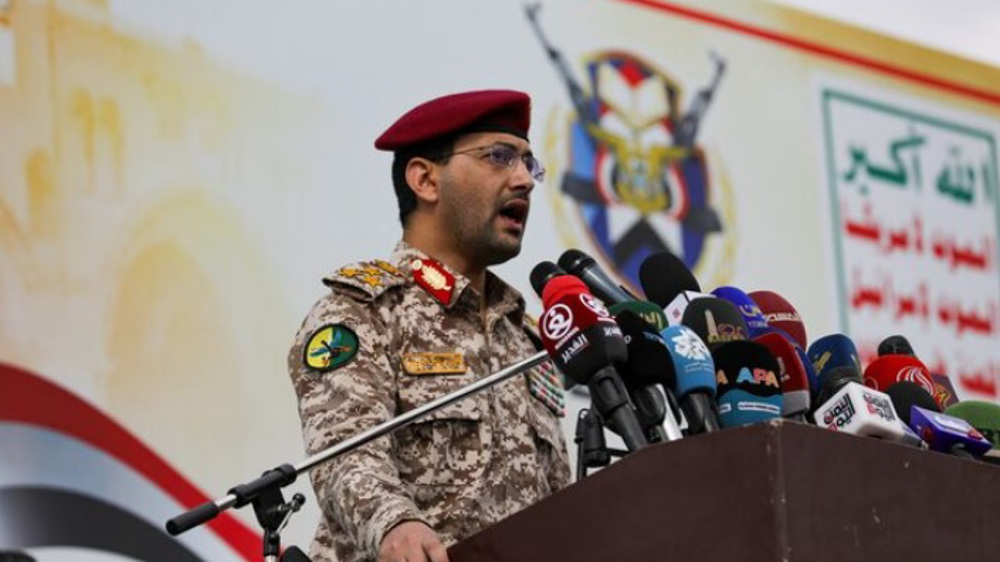
Yemini forces say they launched attacks on Israeli sites, US warships
Israel and its arms suppliers ‘must be stopped,’ UN says
Putin orders emergency planes to Iran after blast at port of Bandar Abbas
Pezeshkian visits Bandar Abbas to monitor response operations after port blast
VIDEO | Press TV's news headlines
Betar US: America's new face of Zionist terrorism and the darker rebirth of Kahanism
‘More serious than before’: Iran-US talks enter critical phase amid hope and caution
Pezeshkian’s visit to Baku heralds new order in South Caucasus
VIDEO | Eight killed, six injured after car rams into crowd at Vancouver Filipino festival


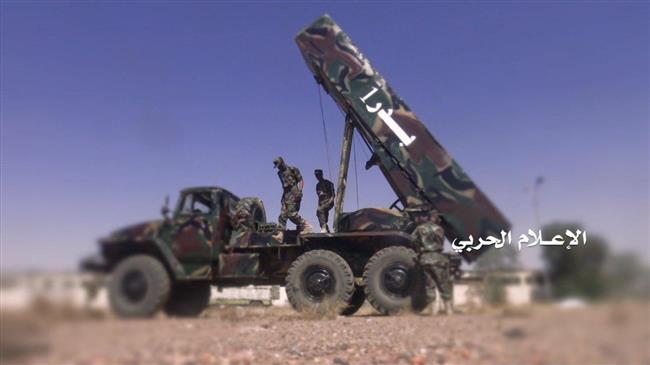





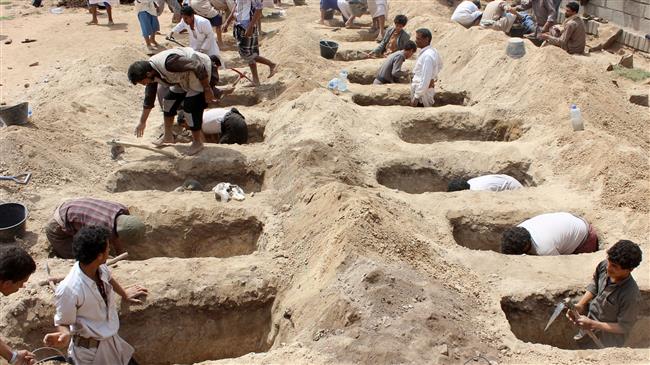
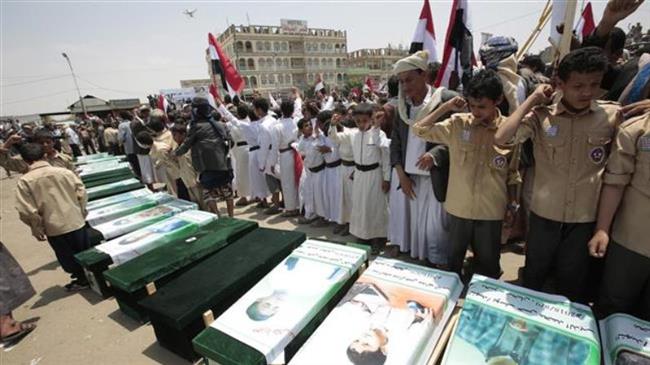
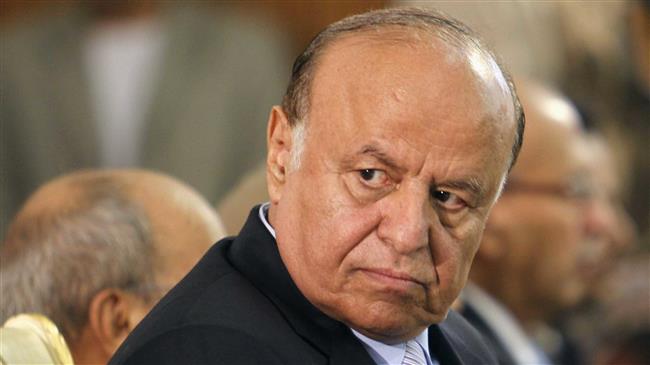




 This makes it easy to access the Press TV website
This makes it easy to access the Press TV website